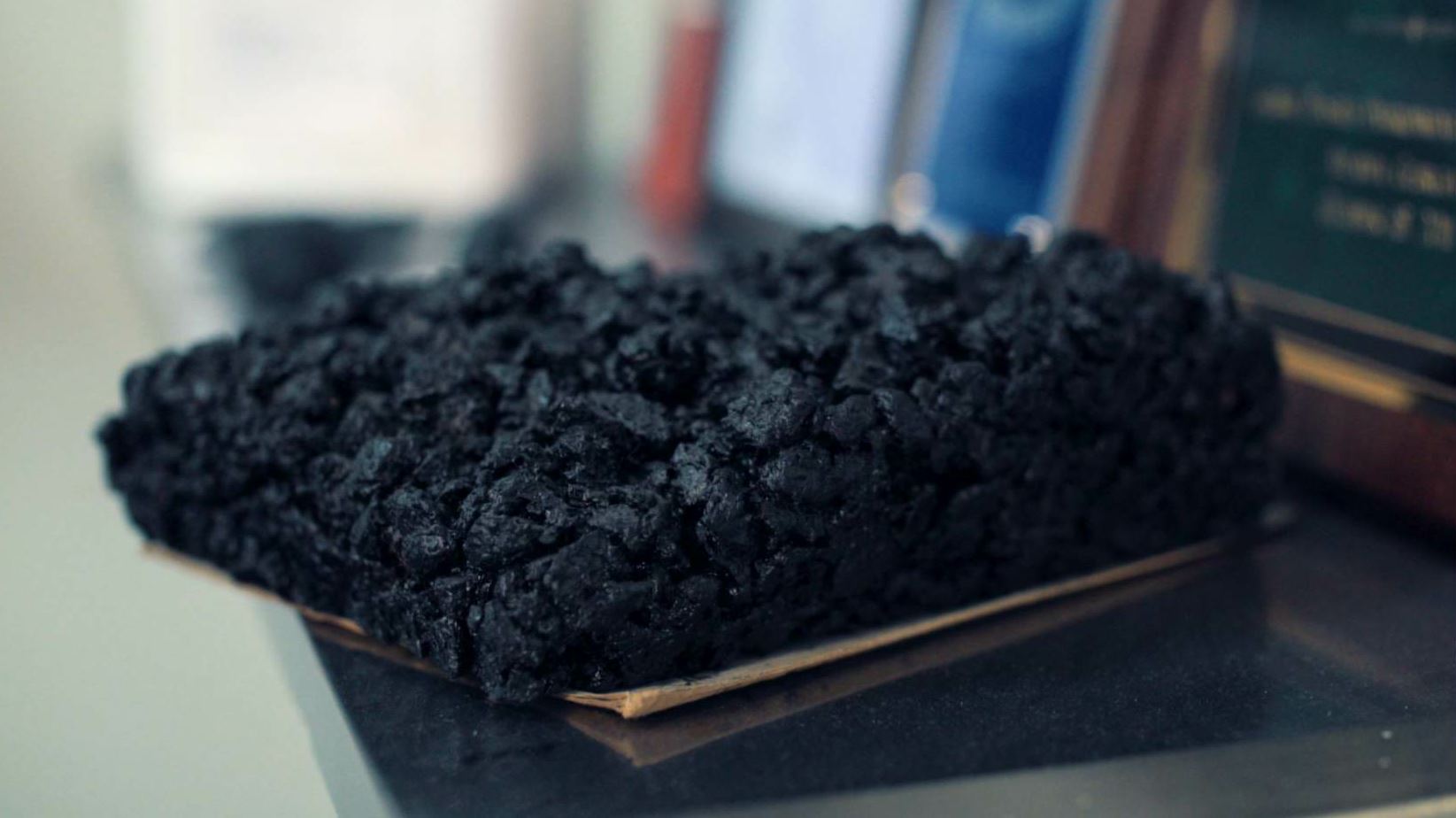The Future of Rubber Modified Asphalts (RMA)
BY Tom Rosenmayer

Rubber modified asphalts (RMA) have been around for decades to offer excellent performance with environmental and cost benefits. Despite real-world experience, RMA still constitutes less than 20 percent of modified asphalts, with much of that concentrated in a few states in North America and a few minor applications in Europe. We see two primary drivers for this: limited application field and processability.
Decisions to limit the application field
Conservative transportation agencies commonly limit the pavement applications in which RMA can be used. This limitation has unintended consequences throughout the supply chain. For terminal blenders and contractors, life is simpler with polymer modified asphalts (PMA), rather than having to run both RMA and PMA. The limited application scope also undermines the cost-savings potential with RMA, preventing RMA from achieving large scale with its associated cost benefits. Cost fluctuations due to petrochemical pricing (the inputs for SBS polymer are oil based) can be avoided by using “local” rubber powders also impacting product choice, further complicating the business for departments of transportation (DOTs), blenders and contractors.
This may be changing, however. Some states, such as Florida, Louisiana and Tennessee, have recently approved RMA grades such as FDOT’s 76-22 ARB for all 76-22 modified asphalt applications.
All qualified FDOT 76-22 ARB binders are hybrid binders, combining at least 7 percent rubber content with some amount of SBS type polymer. These hybrids enable RMA binders to meet challenging MSCR elasticity requirements and pave the way for broadening the application scope. We expect this trend to continue with growing confidence in the latest hybrid binders in more states.
Challenges remain on the processability front
On one hand, RMA offers processing flexibility that PMA doesn’t have: It can be terminal blended, plant blended, or dry mixed in either powder or pellet form, and doesn’t require milling. On the other hand, challenges with viscosity and stability sometimes appear, and preparation of hybrid systems can get complicated.
Lehigh Technologies is working hard to address these challenges and grow the application base for RMA. Now supported by Michelin, Lehigh will continue to invest in the development of new, sustainable modified asphalt technologies that meet or exceed the performance and processability of PMA for pavement applications.
Michelin’s purpose states: “Because we believe that mobility is essential for human development, we are innovating passionately to make it safer, more efficient and more environmentally friendly. Our priority and firm commitment is to offer our customers uncompromising quality. Because we believe that all of us deserve personal fulfillment, we want to enable everyone to do his or her best, and to make our differences a valuable asset. Proud of our values of respect for customers, people, shareholders, the environment and facts, we are all sharing the adventure of better mobility for everyone.”
Michelin’s equation for sustainable mobility now includes Lehigh Technologies and RMA. We look forward to the growth and innovation that can result from this unique combination.

Tom Rosenmayer
Tom Rosenmayer, vice president of Lehigh Technologies, has more than two decades of experience developing technologies at both large and small technology companies, including Baker-Hughes, IBM, W.L. Gore & Associates, and Shamrock Technologies. He has a diverse background in technology, marketing and general management, including a five-year international assignment in Germany.
